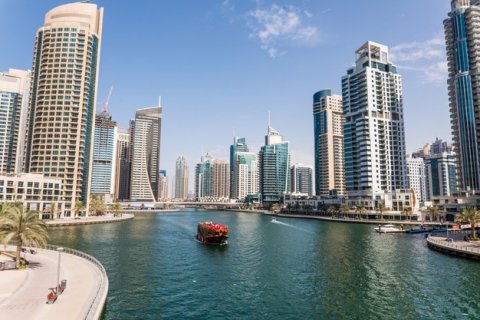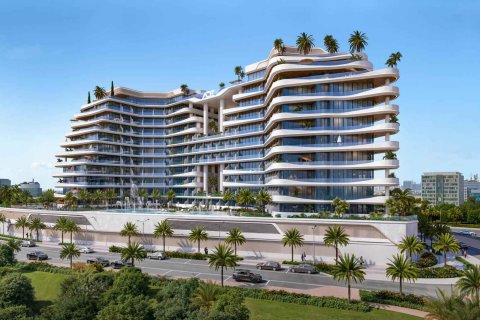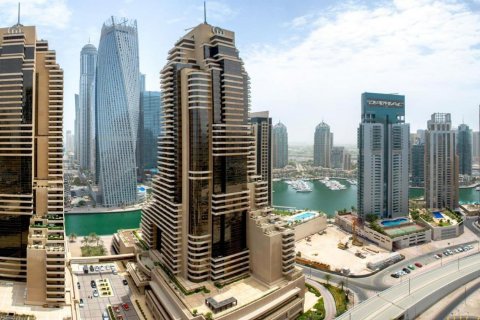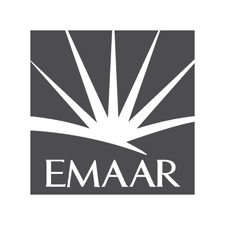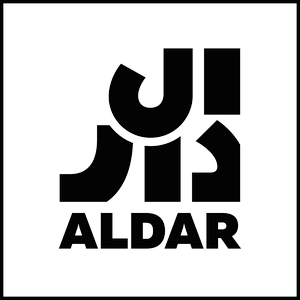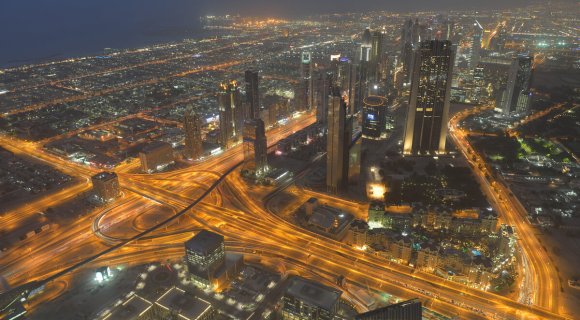
The United Arab Emirates is a relatively young yet rapidly evolving and self-sufficient investment market.
Although, the UAE real estate market has many features common for other countries, it also possesses a substantial share of unique characteristics.
These peculiarities include aspects such as terminology, documentation, and investor conduct rules.
It is definitely a hard job to specify all the characteristics of the UAE investment market in one text.
That is not our goal. Instead, in a series of "Question and Answer" articles, we will clarify the main concepts for you to consider. We use the emirate of Dubai as an example to explain these.
You will learn the following from this article:
- Key government agencies that regulate the real estate market;
- Property rights and tools to obtain them, including mortgage;
- Visa rules and regulations, authentication of documents regarding real estate investments;
- Types of contracts and documents required to execute purchase and sale transactions.
Let us get straight into addressing the above-mentioned areas of focus.
Content:
- Key institutions - DLD and RERA
- Property rights in UAE - title deed and various types of property
- Visas and resident card - Emirates id
- Property purchase and documents of sale - NOC and IBAN
- Important documents to do a transaction
- No Objection Certificate - NOC
- Funds transfer - international account, IBAN
- We will help you choose Real Estate in the United Arab Emirates!
Key institutions - DLD and RERA
One of the distinguishing features of investments in the real estate market in Dubai is safety and speed of selection, purchase, and property registration processes. This idea is mentioned in every second article you come across when reading about investing.
Well, based on our observations, this certainly seems to be the case. In the UAE, all bureaucratic procedures that buyers or investors face are effectively centralised and distributed between two key government structures.
The first structure is the Dubai Land Department, or DLD.
The second structure, which is a subdivision of the DLD, is the Real Estate Regulatory Agency, or RERA.
All you need to know about the bureaucratic side of the process is information about your organisation.
Below, we will brief you on the specifics of the whole situation and the rights that each organisation has when you have to deal with it.
Dubai Land Department - DLD
While the DLD is an old organisation established in 1960, the Department only received its current authority in the late 2000s and early 2010s.
In general, the organisation’s authority and responsibilities concern legalisation of the purchase and sale of land and real estate. The DLD approves, organises, and registers all real estate transactions in the Emirate.
The Department provides buyers, sellers, investors, developers, and real estate agents with more than 160 different services.
Together with RERA, the Department keeps records and registrations of “verified” real estate agencies and banks. We will talk about this in detail later on.
The DLD has many divisions, of which the following are the main ones:
- The already mentioned RERA.
- Real Estate Investment Management and Promotion Centre (REIMPC).
- Rental Dispute Settlement Centre (RDSC).
- Dubai Real Estate Institute, DLD Educational Wing (DREI).
In some way, the DLD is not only a regulator but also the main arbitrator in the real estate market of the Emirate. This has a significant impact on the specific services that the Department offers.
Here is a short list of the DLD services:
- Customer service – this includes everything from proof of ownership to property supervision.
- Reports on transactions in the real estate market – this includes regular data on registered sales, appropriated mortgages, property valuation, popular areas, etc.
- Maintenance of real estate – the department helps property owners gain support from trusted management companies, including services such as protection, cleaning, and maintenance of land and property.
- Registration of complaints and infringement investigation – this service is provided to property owners, developers, investors, and shareholders. The DLD also accepts requests to check the terms of contract execution, breaches of trust, as well as other legal violations or disputes.
- Real estate appraisal – this includes reviewing existing debts, the presence or absence of any claims and violations, and the real estate market data.
- Statistical reports on demand – this service is very convenient for the investors who want to get the most detailed information on the current market state.
- Education – this involves job opportunities in the local real estate market, including legal and bureaucratic positions, programmes for investors, and broker registration.
The Department pays special attention to the development of online investments and commerce in order to provide opportunities for buyers, sellers, developers, and other interested parties.

Real Estate Regulatory Agency - RERA
As we have already indicated, RERA is a division of the Dubai Land Department, which is the governing administration agency that approves the laws and regulations of the real estate sector, organises market development for foreign investors in Dubai based on corresponding rules and regulations. In addition to that, RERA accounts for most of the work when it comes to resolving disputes between tenants and property owners.
Being the DLD-affiliated organisation, REPA has its own financial system and enough legislative authority to operate independently. Furthermore, REPA employees are engaged in development of the key legal issues in this field.
For several years, Dubai has been known for its program aimed at transitioning to a “paperless policy” of work with clients. RERA makes efforts to develop legal services online by solving bureaucratic issues, as well as collecting and processing documents via the internet.
RERA monitors the activity of banks, developers, insurance, and law companies. In addition, it controls the trustworthiness of real estate advertising in media.
RERA has the authority to issue licences too. Together with the DLD, RERA has established several online services and applications that allow obtaining a business licence in Dubai or issuing NOC electronic version.
If you are a novice investor, the both agencies not only regulate the real estate market and help solve problems of different parties, but provide training and consultation services as well. They also issue the most relevant and up-to-date information on the market.
Property rights in UAE - title deed and various types of property
“Title Deed” means a certificate that approves property or land ownership. Here we talk about property rights. The law indicates all the information regarding the purchased property, including its characteristics, form of ownership, name of the owner, etc.
The mortgage market is well developed in Dubai, and foreigners can take advantage of this opportunity. For instance, in the case of acquiring real estate through a mortgage (up to 80% of the price), the property right is also written out in the buyer’s name.
However, the bank retains the original document until the borrower pays back the entire sum of the loan.
Additionally, RERA monitors the legitimacy of bank actions, and this helps solve any potential dispute.
Types of ownership.
There are only two types of ownership, namely, leasehold and freehold.
The most common type of property ownership is freehold.
This is a classic type of real estate ownership, when the buyer simply transfers money for the property to the seller. In this case, the buyer executes the transaction and gets the property in his own name permanently without any conditions.
The buyer can do whatever he/she wants with the acquired property. Whether the buyer has purchased or even inherited it, as long as the transaction is done properly, he/she can enjoy all other benefits of the exclusive ownership.
Leasehold is a type of property ownership that does not assume the real estate purchase. Instead, it involves the purchase of a long-term lease with the right to use the property. The right of the person who purchased the leasehold can vary depending on specific agreements with the leaseholder rights.
There are many agreements when it comes to a leasehold type of property. A lease term can range from 10 to 99 years, depending on the parties involved. In some cases, the owner of real estate leasehold can only be able to operate it for life or earnings. Another example concerns changes that may be made to the interior and architecture of the property.
However, the main difference between these two types of property ownership is that freehold can be purchased only by purchasing a certain property indicated in a list of special freehold areas (as of today, there are 64 of them).
When the supply is low and quite expensive, while the demand is high, the property will exclusively be yours.
On the other hand, leasehold has a wider geography and is cheaper, but imposes an obligation on the real estate original owner.
Visas and resident card - Emirates id
Even though foreigners can invest in UAE real estate without any local registration, both directly and via intermediaries, becoming a resident of Dubai gives much more advantages. Particularly, if you are an investor.
Visas and corresponding rules and regulations
In this section, we will mainly focus on resident visas. However, there are types of visas available in Dubai, such as tourist visas, visas for visitors and remote workers, even retirement visas.
An interesting thing to note is that it is not necessary to have a visa in Dubai. In the UAE, it is enough to be a resident of one of the Gulf Commonwealth Council countries (GCC). Travelling between the countries is easier for all citizens and residents of the Commonwealth.
Following this, visas are divided by country. Citizens of 50 countries have the opportunity to obtain visas directly upon arrival in Dubai with no prior procedures. The country list includes the United States, Great Britain, France, Germany, Russia, and South Korea. The full list is available on official websites of the relevant departments.
The visa on arrival (VOA) gives a possibility to come to Dubai, submit an ID, and obtain a short-term residence visa.
Let us have a look at the benefits of having a resident visa.
This document allows investors to:
- Open an account with a local bank;
- Use financial institutions’ services of the Emirate;
- Obtain a local driving licence;
- Get access to register for public health services and insurance;
- Place children in public and private schools;
- Work and invest in the economy of Dubai without any restrictions and intermediaries;
- Move freely across all UAE regions.
From investor point of view, the most profitable way to obtain a resident visa is investment. The process is straightforward and goes as follows:
- If you want to obtain a three-year visa, you need to invest more than $272,000 in real estate.
- If you need a five-year visa, you must be able to invest at least $1,360,000 in real estate.
- If you are interested in a visa for ten years, then you need to invest more than $2,720,000 in real estate.
The registration process for all visas is simple and prompt. Each type of visa can be renewed without any restrictions, as long as you meet the specified criteria.
Resident card - Emirates ID
In addition to a visa, you need to obtain an Emirates ID as well. This will help you receive all the previously mentioned services and more.
The Emirates ID is a biometric card with all the necessary data required for identification. This card is registered with the Federal Authority for Identity and Citizenship (FAIC).
The card is issued to all citizens and residents of the Emirates, including newborns in the country. The only obligation of Emirates ID holders is to have the card at hand to show to law enforcement officers at any time.
Just like other services and documents in the UAE, the Emirates ID can be obtained electronically without visiting the country. The e-Emirates ID has several new features, including improved data protection. This concerns both electronic and visual data protection, insuring against a possible data theft.
The Emirates ID includes the following rights and opportunities as additional benefits to the above-mentioned visa:
- Access to an even wider range of government services;
- Vote in the Federal National Council (FNC) election;
- Travel without restrictions in the GCC countries;
- Simplified check-in procedures in airports and other places, upon arrival in the country.
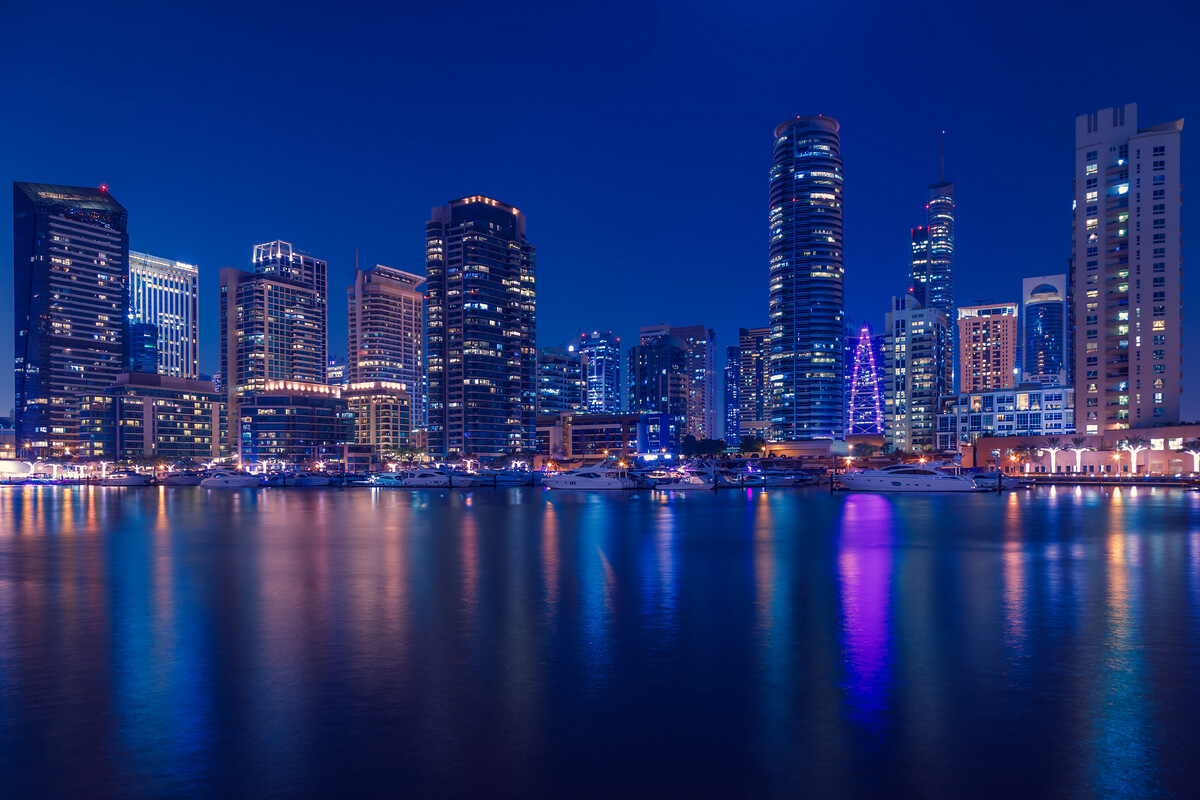
Property purchase and documents of sale - NOC and IBAN
We have already explained what the property right is, what agencies you need to work with to obtain it, and what benefits are there to purchase real estate.
The only thing left to explain is the list of documents that investors require to execute real estate transactions and obtain the proper title deed.
Important documents to do a transaction
To complete a transaction making it official, you need some documents, namely:
Form A and Form B. These are papers of a contract between the seller and the buyer stating that they have negotiated the purchase and sale of real estate, they have negotiated the terms and conditions, and are ready to execute the transaction.
This is followed by a Form F, which is also known as a Memorandum of Understanding. The document states that all the parties involved are satisfied with the terms.
All the above documents, including the NOC (you will find information about it below), are registered and confirmed by DLD experts. In addition, the buyer/investor has to pay a deposit of 10% of the purchase price, which will be refunded once the transaction is closed.
No Objection Certificate - NOC
The NOC, also known as the No Objection Certificate, is a document obligatory for the seller and the buyer to obtain from the developer.
Without the NOC, it is impossible to execute a sale and purchase transaction. Upon receiving this certificate, the parties involved get confirmation from the developer that they have no claims to the seller and the buyer, that the property is in a condition acceptable for sale, that the property account does not have any debts to the developer as far as maintenance is concerned, and that the owner of the property does not have any unpaid fines.
The NOC can be issued via the internet or the REPA mobile application.
Both the electronic and analog NOC are valid for 5 days from the date of issue. If a transaction between the involved parties is not registered during this time, and then it will be necessary to re-register the NOC.
Funds transfer - international account, IBAN
IBAN is an abbreviation of International Bank Account Number.
This number is used for accounts that have been opened in European banks, and is added to the Euro zone countries’ accounts. This includes Norway, Switzerland, Liechtenstein, and Hungary.
The IBAN consists of 34 numbers and letters in total. Two letters are designated to the country where the account was opened, two digits are designated for the key, and the remaining 30 numbers/letters designate the bank code and the client’s account number itself.
In the real estate market, IBAN is used as a universal tool to pay for transactions between foreigners or between foreigners and residents/citizens of the UAE.
The IBAN simplifies many registration and verification processes of transactions.
It also provides banks and financial institutions with an easier and more efficient tool to double-check the accuracy of funds transfer. Easy integration and unification of the whole process allow this account to be used internationally with no need to collect and provide additional data on accounts, banks, and account holder data.
Furthermore, any additional information can be obtained on official websites of the already mentioned DLD and RERA, from banks and financial institutions in Dubai, as well as real estate consultants and agents working in the Emirates.
Here is a brief overview of the UAE investor glossary. We hope that you will find it informative, interesting, and useful.
We will help you choose Real Estate in the United Arab Emirates!
You can always apply to our specialists for a free consultation and a tailored property selection based on your individual parameters. Stylish apartments and luxurious villas in Dubai are waiting for their buyers. Start your search right now!




































